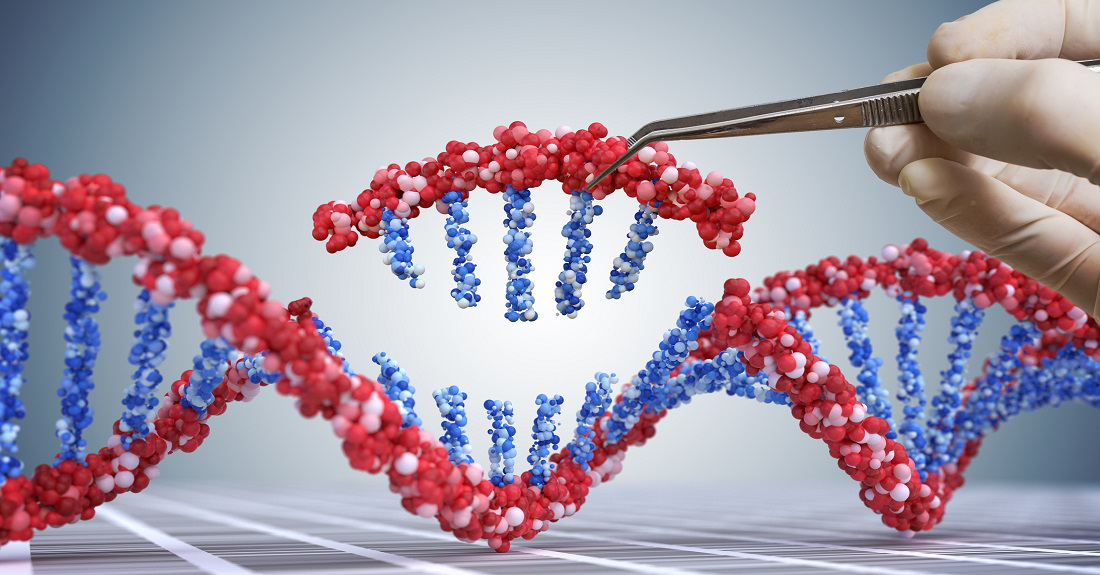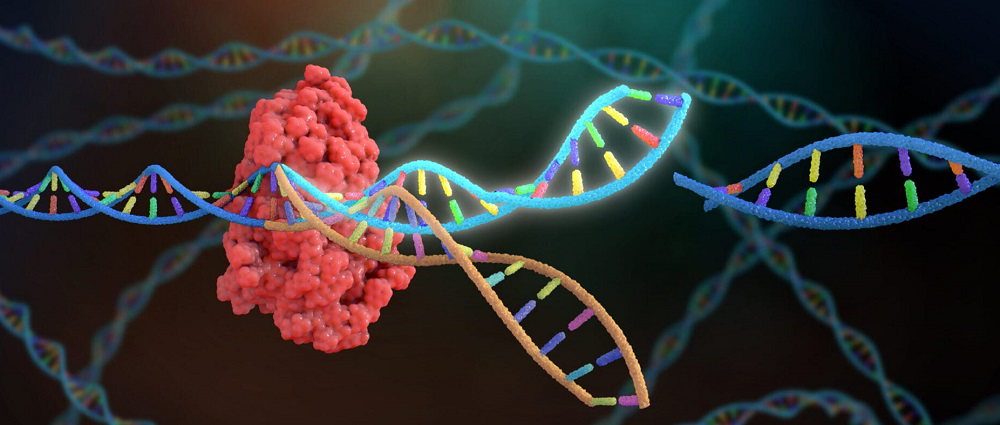
Biotechnology and Genetic Engineering
Biotechnology and genetic engineering have made impressive breakthroughs in recent years, changing our understanding of medicine and its capabilities. One of the most significant innovations in this field has been the CRISPR (Clustered Regularly Interspaced Short Palindromic Repeats) technology – a tool that allows for high-precision gene editing. This method has become a real revolution in the fight against genetic diseases and has opened up new horizons for scientists in the treatment of many ailments.
What is CRISPR?
CRISPR is a technology developed on the basis of the natural defense system of bacteria, which allows you to “cut” certain segments from DNA and replace them with others. It uses a specific protein Cas9, which acts as “molecular scissors”. This protein is guided to a specific section of DNA by RNA that recognizes the desired gene sequence, after which Cas9 cuts the DNA at the exact location. The DNA can then be modified to correct the mutation or add new segments.
CRISPR achievements in medicine
The capabilities of CRISPR technology are already impressive, from laboratory experiments to clinical trials in humans. Here are some of the most notable achievements:
- Treatment of hereditary diseases. CRISPR makes it possible to treat genetic diseases such as sickle cell anemia, cystic fibrosis, and Huntington’s disease. By correcting defective genes, scientists have already been able to demonstrate positive results at the level of cells and animal models.
- Cancer immunotherapy. One promising area is the use of CRISPR to modify immune cells to combat cancer. Editing the genes of immune cells can help them recognize and destroy cancer cells more effectively.
- Research into neurodegenerative diseases. Alzheimer’s and Parkinson’s diseases are a huge challenge for modern medicine. CRISPR opens up opportunities to study the causes of these diseases at the genetic level and potential treatment by editing genes associated with the development of pathology.

How CRISPR is changing the approach to treating diseases
CRISPR allows not only to alleviate the symptoms of diseases, but also to eliminate their cause at the genomic level. This approach is especially important for hereditary diseases that arise due to mutations in DNA. The ability to correct such mutations directly changes the treatment paradigm – now we are talking not about therapy, but about “genetic surgery”.
Accuracy and efficiency. One of the main advantages of CRISPR is its accuracy. Previously existing gene therapy methods were less accurate and often led to unpredictable results. CRISPR allows you to act purposefully, eliminating the likelihood of serious side effects.
Speed of drug development. Thanks to CRISPR, the process of developing new treatments is significantly accelerated. Scientists can more quickly create disease models, test potential drugs and modifications.
Ethical and practical issues
Like any revolutionary technology, CRISPR raises a number of ethical issues. One of them is the possibility of editing germ cells, which can lead to hereditary changes. While editing somatic cells (body cells) is limited to treating a specific individual, modifications to germ cells can change the genetic code of future generations.
Moral aspects. Is it possible that CRISPR will be used not only to treat, but also to “improve” the human genome? These issues require clear international regulation and discussion of possible consequences.
Risks and side effects. Although CRISPR is a precise technology, there are risks associated with unintended effects on other parts of the genome. This can lead to mutations or other complications, which are important to consider in clinical trials.
CRISPR is one of the most impressive achievements of modern biotechnology, which has already begun to change the approach to the treatment of many diseases. The ability to precisely edit genomes opens the door to treatments for genetic diseases that were previously considered incurable. However, despite its enormous potential, the technology requires further research and responsible use. Given all the advances and risks, CRISPR may be the key to a future of medicine where genetic diseases become manageable and even curable.
